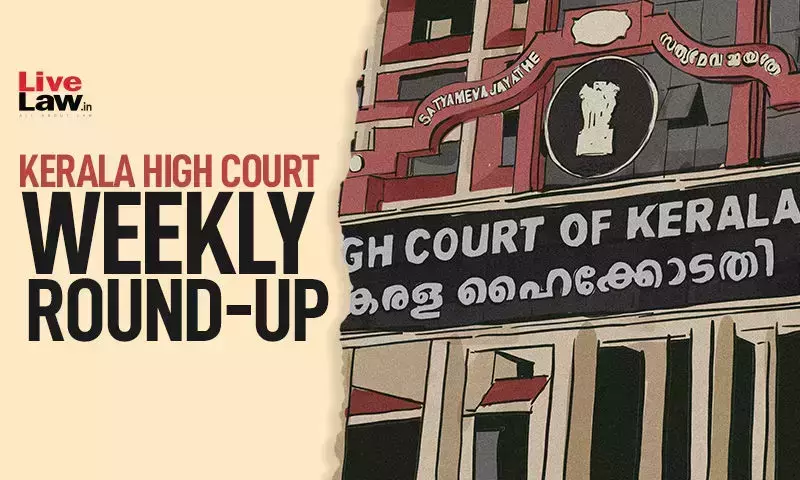Next Story
30 July 2023 5:00 PM IST
Nominal Index [Citations: 2023 LiveLaw (Ker) 349-360]Sumesh v. State of Kerala & Anr 2023 LiveLaw (Ker) 349Sebastian Joseph v. State of Kerala & Anr. and Prasad V.V. v. State of Kerala & Anr. 2023 LiveLaw (Ker) 350Enose v. State of Kerala 2023 LiveLaw (Ker) 351Kochu Mani & Anr v. State of Kerala 2023 LiveLaw (Ker) 352Kallantavide Ramesan v State of Kerala 2023 LiveLaw...

